 |
Dog Allergy Supplements |
$2.99 Flat Rate Shipping On Supplements |
Vitamins for Dogs With Allergies
 |
Dog Allergy Supplements |
$2.99 Flat Rate Shipping On Supplements |
Learn More About Dog Allergies
Why is my dog constantly scratching and biting himself?
Dogs scratching can be very worrisome for humans. Not only can it keep you up at night, but it can keep your dog up at night as well. There are a couple of reasons why your dog is scratching. It is important to identify what the causes are to avoid injuries.
The number one cause for dog itching is dry skin. Dry skin can be caused from certain products being used during bathing that cause skin sensitivity. Also, environmental conditions such as weather or vitamin deficiencies contribute to itching as well.
Allergies are the second most common reason that dogs itch. Allergies are not only for humans. Dogs can have allergies too. Dogs are very sensitive to various things around them such as food, pollen, or fleas.
It is very important to keep your dog on a regular grooming schedule. Dogs have anal glands that need to be expressed with regular grooming visits. If anal glands are not expressed then they can get infected and therefore can develop a bacteria infection. This causes scooting on the floor.
How can I treat my dog’s skin allergy at home?
Let’s face it, a trip to the vet can give us great anxiety and an unknown vet bill. Treating your dogs skin allergies at home is a great and cost effective start. iHeartDogs Allergy and Itch Relief for dogs are an easy tasty supplement to give your dog. It is packed with Salmon oil, quercetin and antioxidants. These allergy chews provide great relief by soothing itchy and dry skin. They also reduce inflammation while boosting your pups immune system.
Another great supplement to give your dogs with skin allergies are those rich in Omega 3,6, and 9. Omegas are not in your dogs kibbles due to the high heats during the manufacturing process. So adding a supplement to your dogs diet is very beneficial. Omegas provide so many amazing benefits beyond dogs skin as well. Omega’s help support joint health, and overall immune system support.
What is the most common allergy in dogs?
The most common dog allergy is skin allergy. There are many factors that cause skin allergies. Skin allergies are also referred to as contact dermatitis. Skin allergies can be caused by fleas, food, and environmental changes.
It is obvious that fleas are those pesky bugs that like to cling to dogs and bite. But it is even more worrisome when your dog is allergic to fleas as well. Some dogs are allergic to flea saliva. This can cause their skin to become red and inflamed.
Just like humans, dogs can be allergic to their food too. Some dogs are allergic to chicken, beef, or a sensitivity to fish. Dogs tend to itch behind their ears and on their paws when they develop food allergies.
You may wonder why your dog itches only in certain parts of the year. Pollen, dust and mold can cause a dog to be really itchy, just like humans do. It is important to identify and treat what is causing your dogs skin allergy. Untreated skin allergies can cause your dog to itch and pose a risk of developing a yeast or bacterial infection.
What can I give my dog for allergy relief?
Allergies are worrisome for humans and dogs alike. Just like humans, dogs suffer from food allergies, environmental allergies and seasonal allergies. There are many options to help with your dogs allergy relief. It is important to identify what is causing the allergy to help provide the best treatment.
Oral antihistamines such as Benadryl are great options when your dog is experiencing allergies that are bothersome for your pup. When giving your dog human Benadryl, check with your vet for proper dosing. Giving your dog benadryl is great but there are side effects such as drowsiness or energy.
If your dog is experiencing hot spots or itching, there are topical sprays to help relieve hot spots or itching. This would work best if your dogs allergy is isolated to one spot on the dogs body.
Hypoallergenic dog food is a great option for those who are suffering from dog food allergies. This dog food lacks ingredients from the most common dog food allergies.
Also chewable treats that are made for dog allergies are great. It works from the inside out. Finding a chewable treat for your dog that is rich in Omegas and probiotics will ensure your dog has a healthy immune system. It also supports fur and coat health. They are also great to be used as a daily supplement for your dog. People often see results in as little as two weeks after use.
How can I treat my dog’s allergies?
Rather your dogs allergies are caused by food or environment, it is important as pet owners that we help our pups live a healthy lifestyle. This includes ensuring our dogs aren’t suffering from allergies. There are great options out there to treat allergies.
While it is possible to visit your vet about allergies, chances are they may prescribe steroid injections. While steroids may be a great short term option, it is not the safest nor cost effective.
iHeartdogs Allergy and Itch relief chews are a great alternative to prescription medicine. It is made of all natural ingredients. It contains 8 key natural ingredients to help your pup stop itching and feel relief.
What is the best natural allergy medicine for dog allergies?
Going to the vet to treat your dogs allergies is not only expensive but treatment can come with a long list of side effects. iHeartDogs Allergy and Itch Relief for dogs is a great natural alternative for your dogs allergies.
These tasty chewables are packed with antioxidants and probiotics. They contain all natural ingredients to help your dog from itching and scratching due to their allergies. Some of the amazing ingredients are salmon oil, apple cider vinegar, colostrum. These chews don’t only provide relief from itching but they also are a great immune support. Having a good working immune system is important when dealing with dog allergies because our immune system is what contributes to our allergies.
Can dog allergies go away?
Seasonal dog allergies can go away with the changes of seasons. However not all allergies will go away over time. Proper management and treatment is essential to ensure your dogs allergies always stay at bay and are not bothersome to your pup.
What does a grass allergy look like on a dog?
Dog grass allergies are caused by grass pollen that floats in the air and lands on your dogs fur or breathed in. Some dogs have such a strong allergic reaction to grass that even if you keep your dogs away from grass, even the grass pollen you bring home on your own clothes can cause an allergic reaction for your dogs.
Dog allergies to grass look a lot like humans allergic reaction symptoms. Dogs who are allergic to grass usually show rashes in certain spots on their skin, however it is possible that the rash can spread all over the dogs body. Other symptoms of grass allergies are watery eyes, runny noses, and itching.
What are signs of dog allergies?
The signs of a dog allergy are based on the cause of the allergen. It is possible that the symptoms of a dog allergy could be an underlying condition. Visiting your vet is a great option to verify if these symptoms are truly an allergy or something else.
Symptoms or signs of allergies in dogs are:
- Itching in and behind ears
- Sneezing
- Constant licking in one spot
- Watery eyes
- Frequent ear infections
- Nausea
- Diarrhea
- Red skin
- Hot spots on skin
- Swelling of the face
What foods to avoid for dogs with allergies?
Dog food allergies are caused when a dogs immune system overreacts and overproduces antibiotics to fight off the food ingredient causing the allergy. Dogs’ allergies most commonly manifest itself after prolonged exposure to a certain brand or type of food.
One of the most common dog food allergies are proteins such as beef and chicken. While dogs can show an intolerance to fish, it is not as common. Food additives in your dogs food can also produce an allergic reaction.
The first step to treating your dogs food allergies is to identify the cause by doing a process of elimination. This can be especially difficult at times if the allergen is not as obvious. Once you determine what the cause is, avoidance is the best plan of action. Also using supplements formulated for allergy and itching can greatly improve your dogs symptoms of allergies.
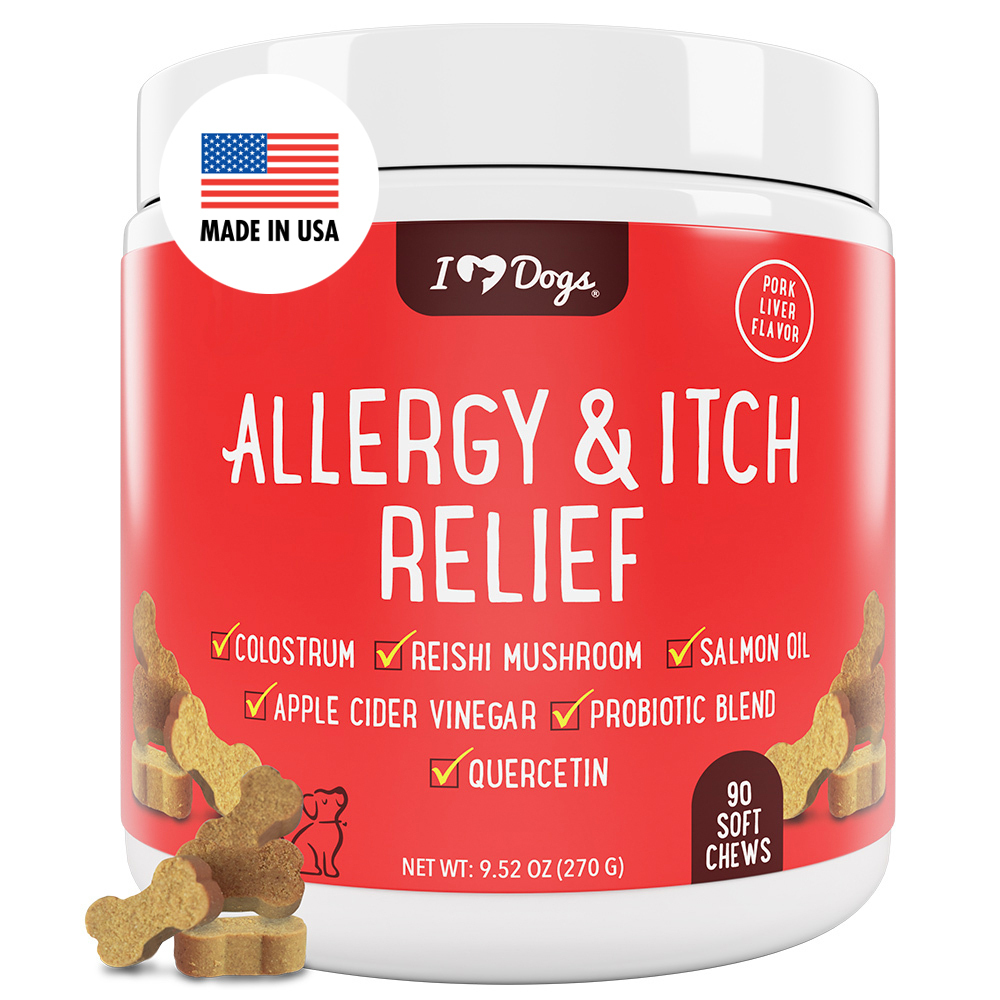


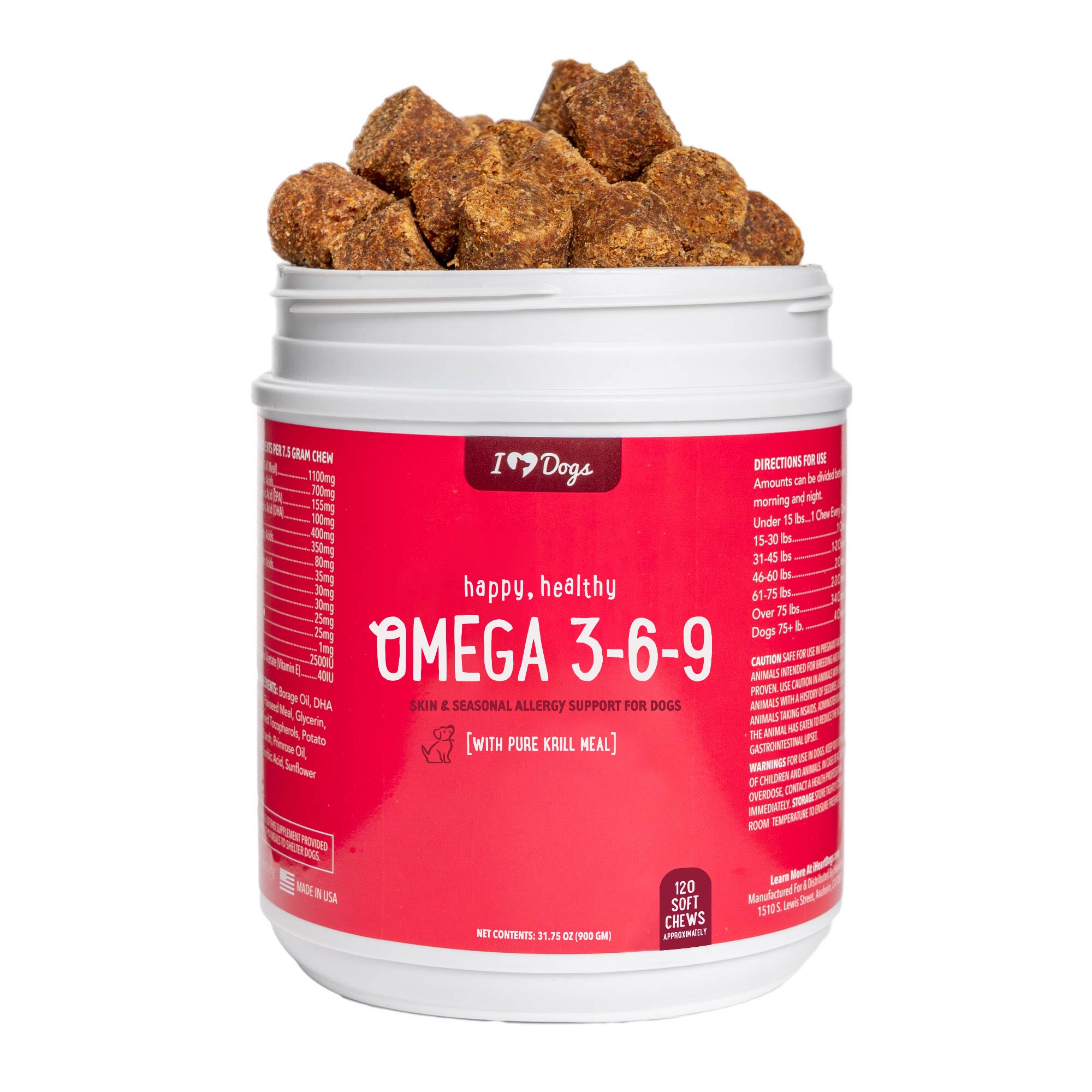

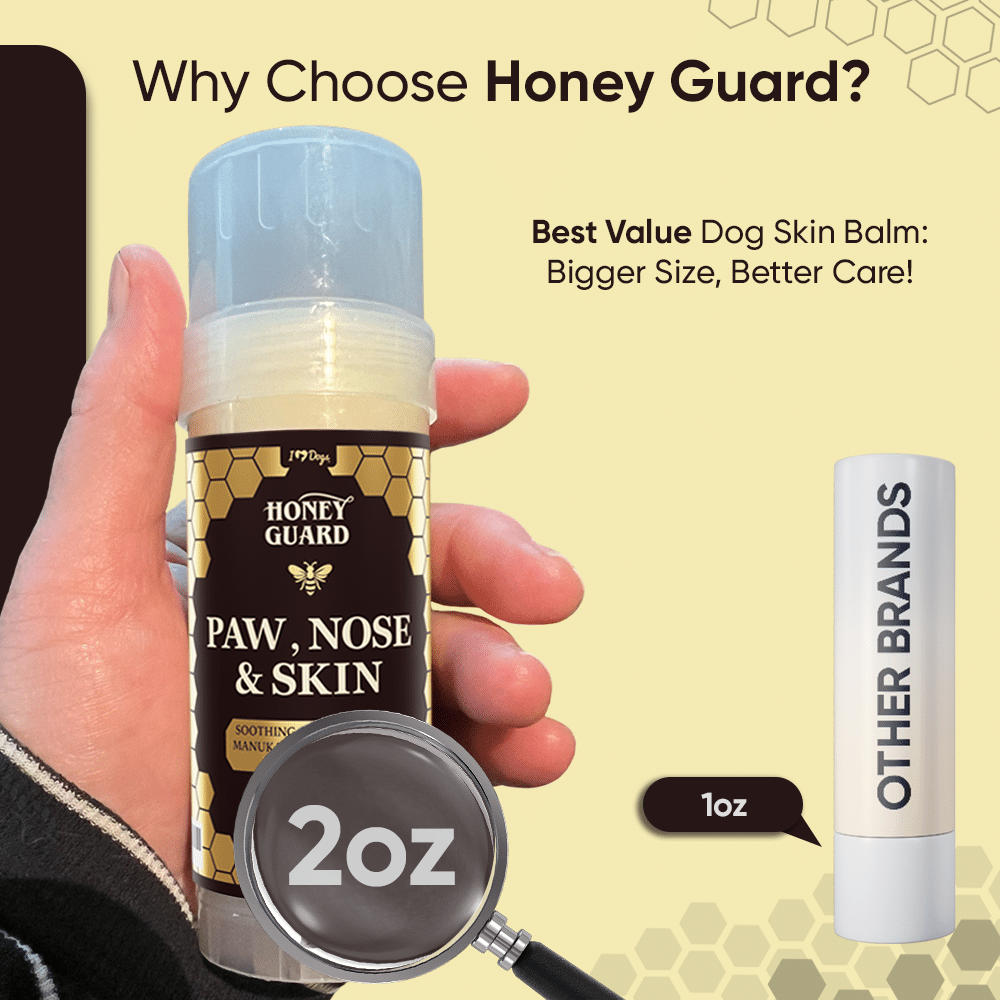
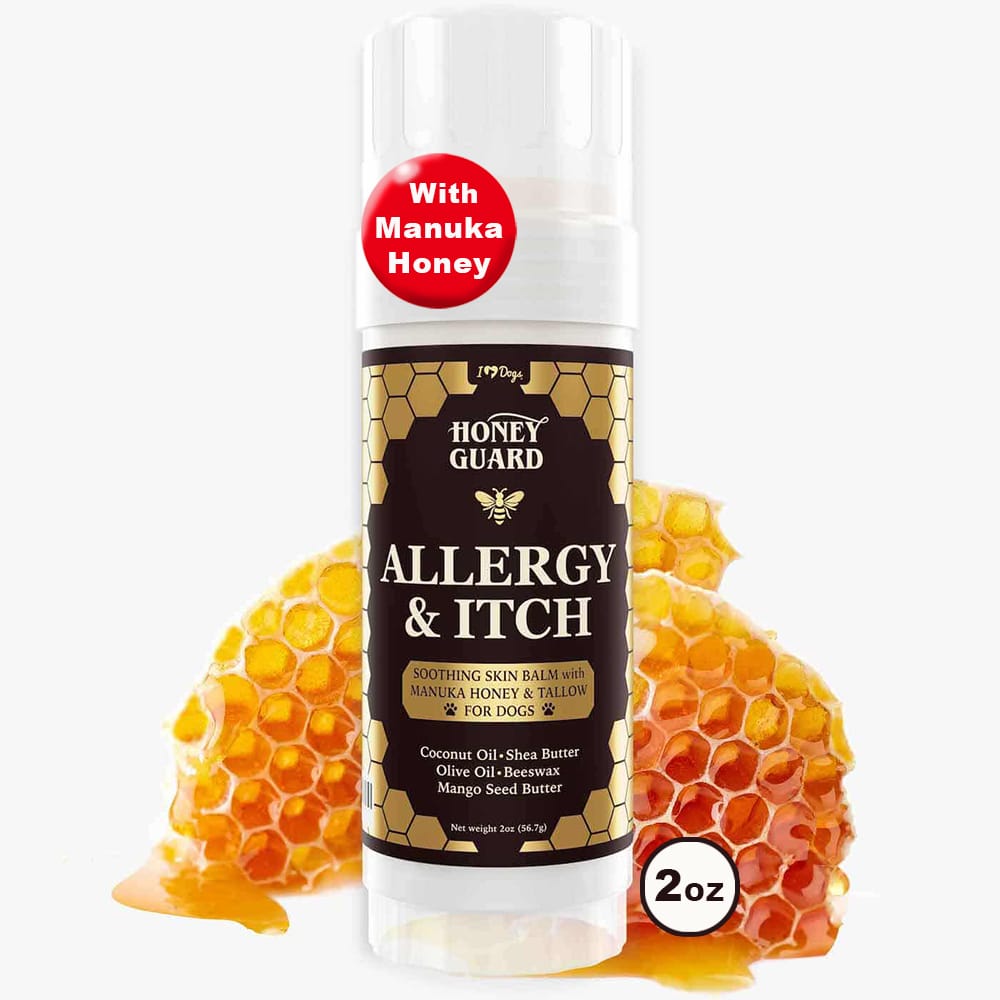
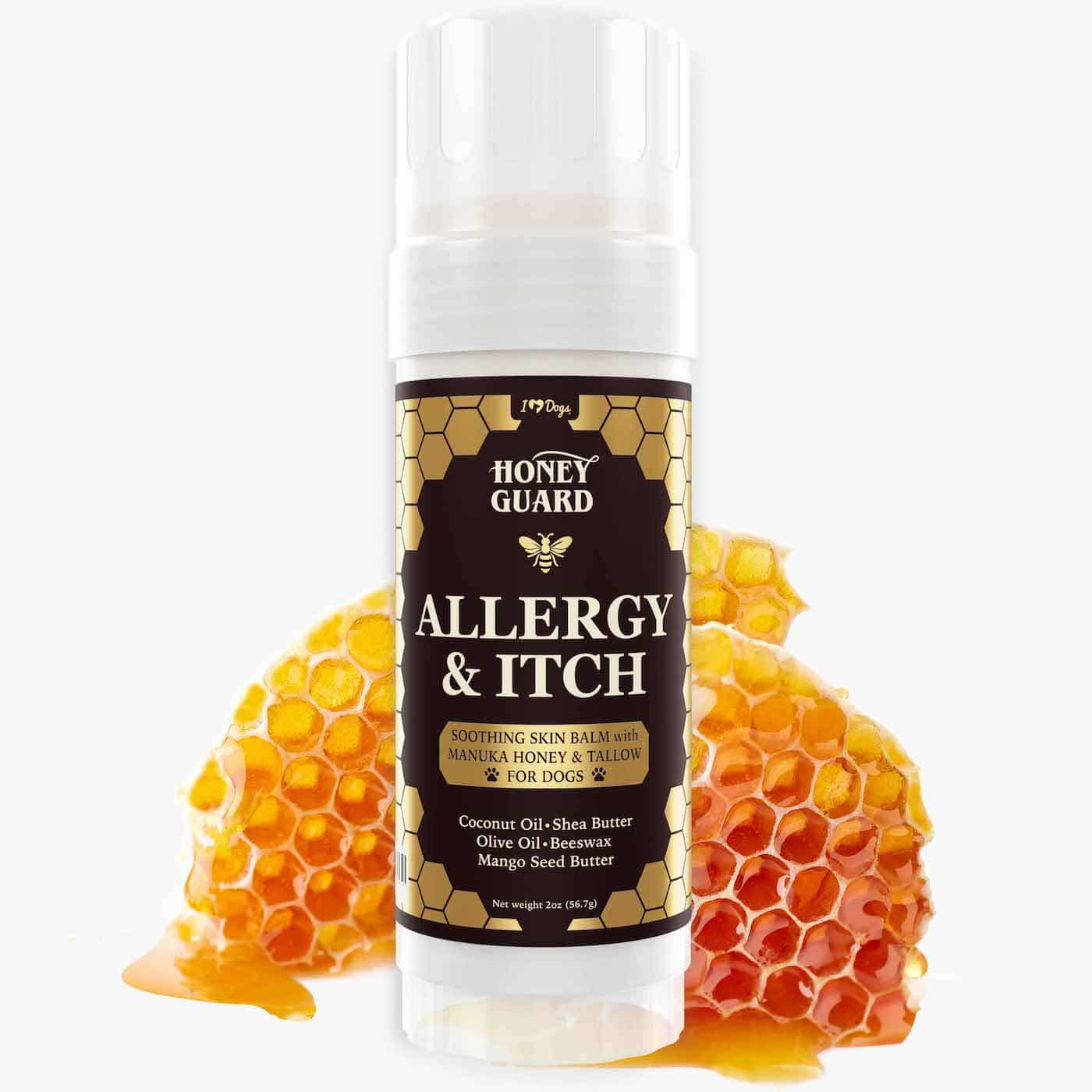

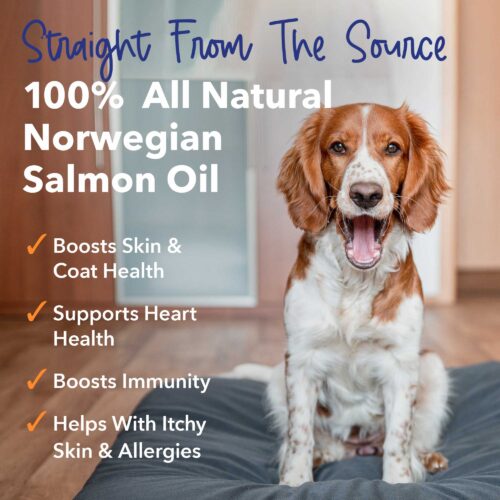

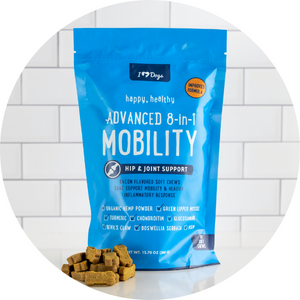
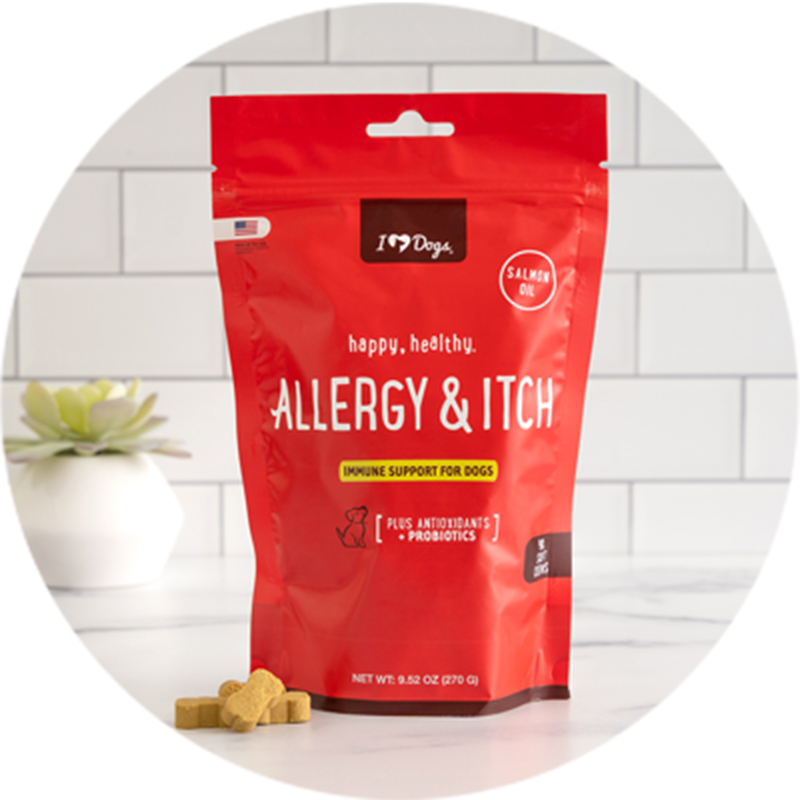



 Toledo, United States.
Toledo, United States.
